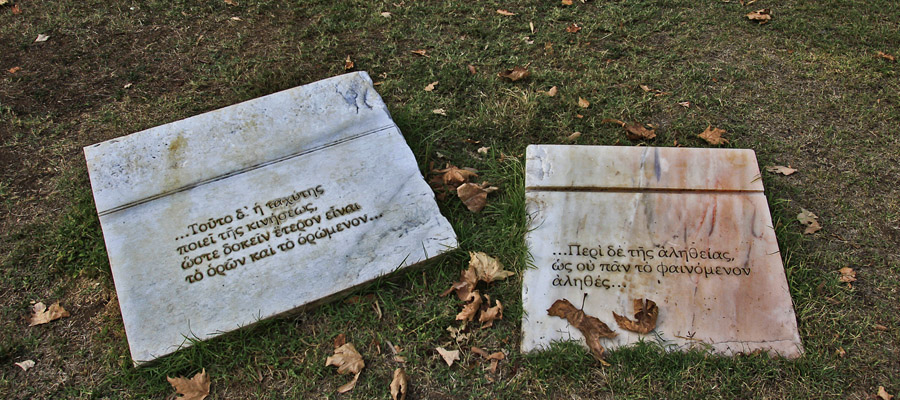The Aristotelian philosophy
Aristotle was the last great philosopher after Socrates and Plato to have influenced the ancients’ thoughts. He was the first who consistently worked on logic, metaphysics, physics, morality, politics, philosophy, zoology, psychology, literature and aesthetics. He covered all areas of science and many modern ones are based on his research.
There were many who studied, commented and tried to interpret his work. During the Roman times his manuscripts were discovered together with his personal files in Troads, and where transported to Rome where they were copied and became widely known. Christian church in East and West was based on the Aristotelian view to establish its dogmas while in the 8th century preoccupied the Arabs and the Jews who later on spread them to European people that came in contact with them. His work had been constantly studied during the Middle Ages, while during Renaissance, the West rediscovered his work and scientists’ interest flared up once again.
Philip Melanchthon, who was a German theologian teacher, main leader of the Lutheran reformation, friend and partner of Martin Luther, promoted their research to German universities, while Jesuit monks established their metaphysical views based on Aristotle’s method.
Galileo, Descartes and later Kant and many others studied his writings with a critical eye. From the early 19th century there had been an attempt to connect the Aristotelian system with the latest and modern thought.






